workers
-
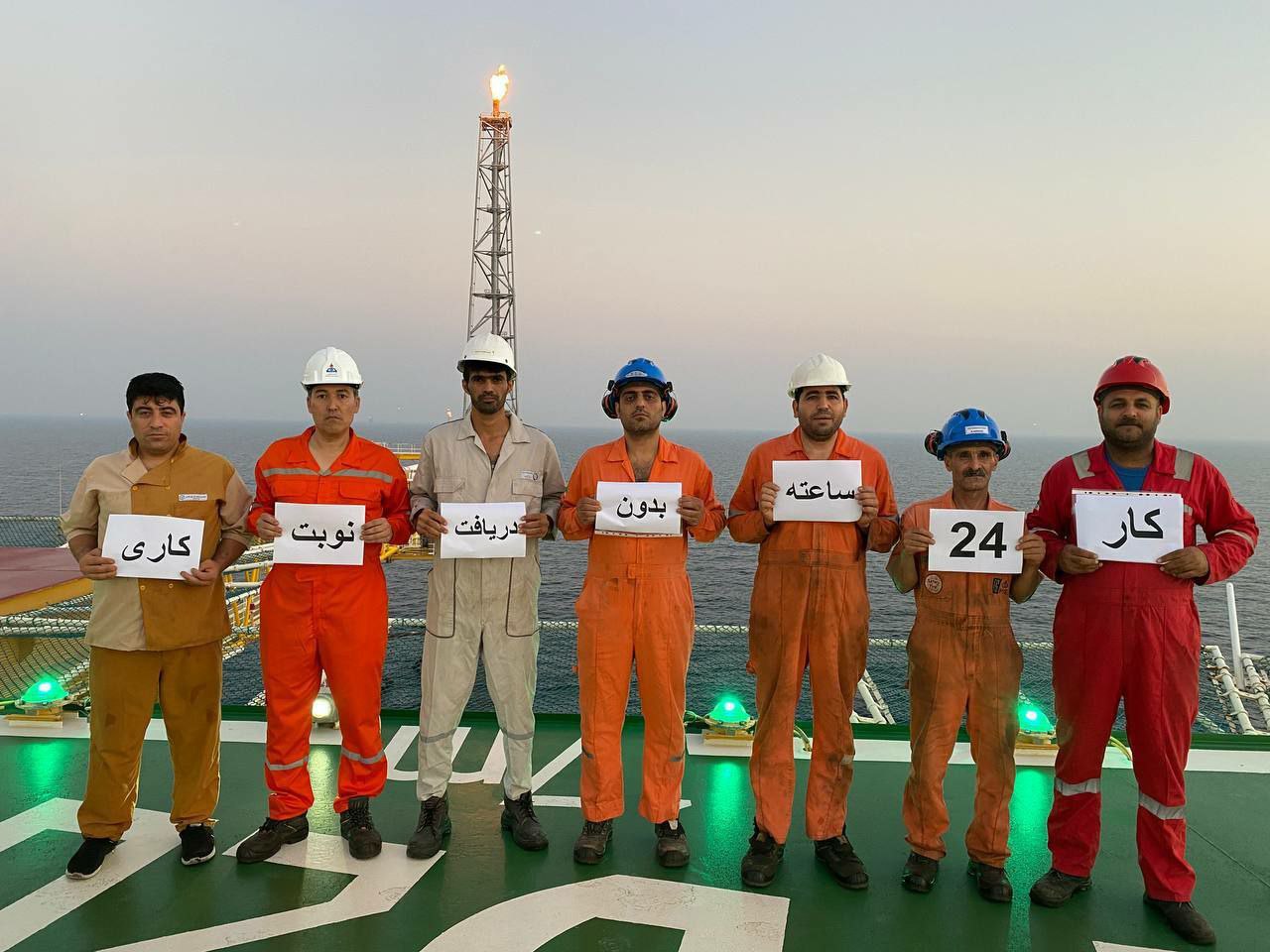
The Struggles of Iranian Workers in 2024
•
The year 2024 was a testament to the unyielding spirit of Iran’s labor movement, even as it battled relentless oppression. Across 31 provinces and 70 cities, workers, teachers, retirees, and healthcare professionals staged 2,396 protests and 169 strikes. Their demands were not extravagant—wages above the poverty line, payment of long-overdue…
-
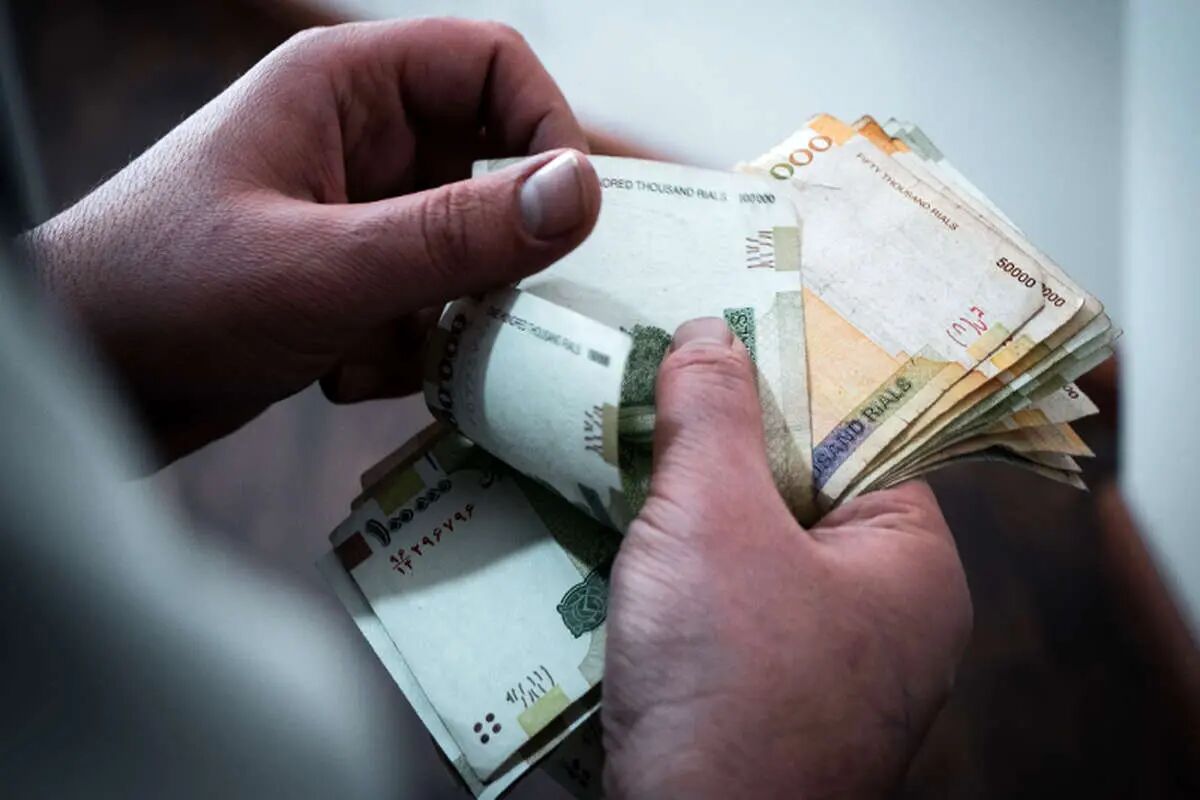
Iran: Minimum Wage and State Manipulated Food Baskets
•
The state in favor employers manipulate the basket food to suppress wages. The Ministry of Health has reduced nutritional needs in the food basket, sparking worker protests. Amid inflation and unemployment threats, the true cost of living is ignored, leaving workers underpaid and increasing hunger, while employers oppose wage hikes…
-
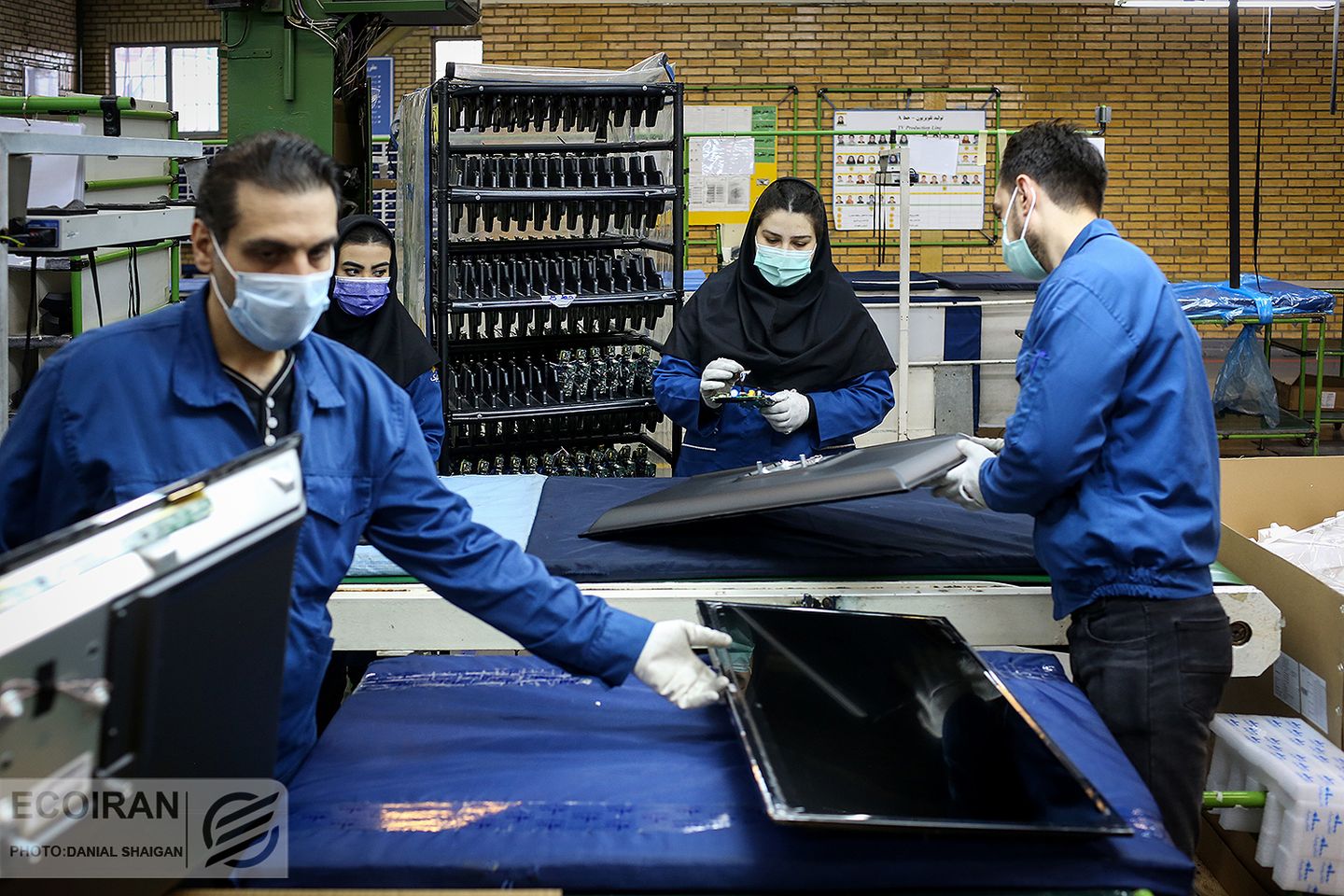
Iran: The Colonial Legacy of Women’s Exploitation
•
Iran’s Deputy Minister of Industry announced the closure of 6,900 industrial units, exacerbating unemployment and poverty, with women hit hardest. Official data shows women’s employment decreasing, with informal jobs, accounting for 70% of employment, leaving them vulnerable to exploitation and without legal or social protections. The patriarchal and misogynistic culture…
-
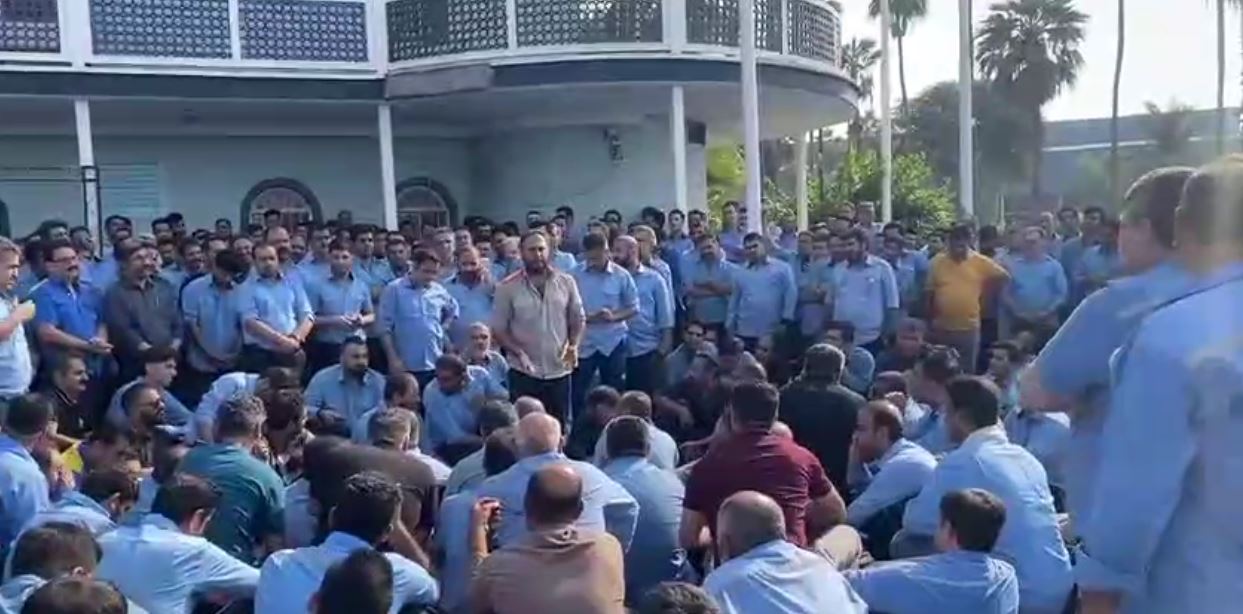
Iran: Ahvaz Steel Workers Against Privatization
•
Recently, steel workers in Ahvaz, Iran, intensified their protests over fair compensation, job classification, and job security, clashing with National Steel Factory management. The conflict arose after a corrupt privatization scheme, inequitable salary practices, and management’s refusal to uphold agreements. Workers have initiated strikes following failed negotiations and are challenging…
-
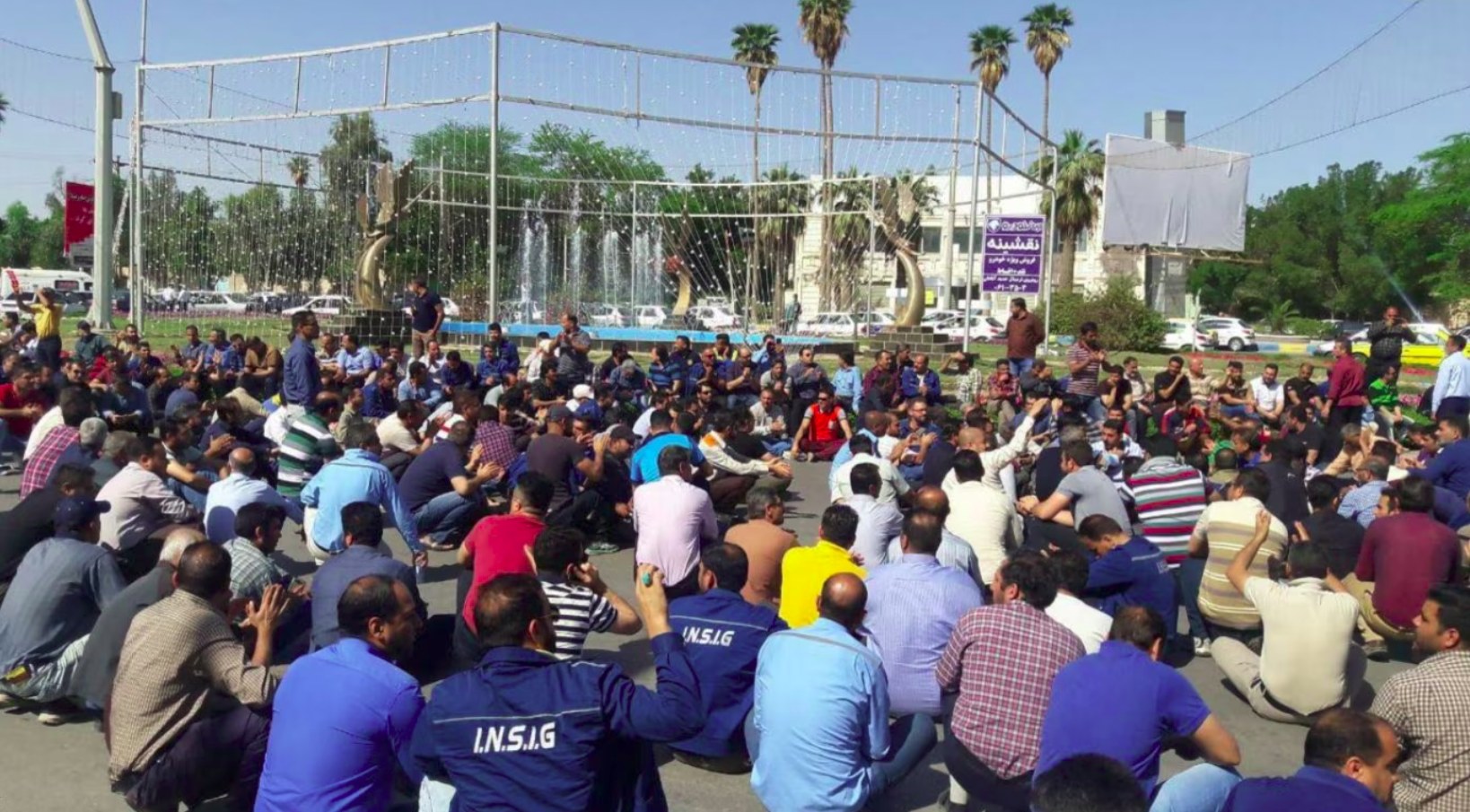
Standing Tall:
Iranian Labor Movement and Solidarity•
Maziar Seyednejad, a jailed labor activist, reflects on the challenges faced by the National Steel Group and Haft Tappeh Sugarcane workers’ protests. Despite significant societal turmoil, he questions the lack of a strong connection between various protest movements. Maziar, serving a two-year sentence, highlights the need to assess the positive…
-

The Workers’ Revolt: Labor’s Role in Iran’s Nationwide Uprisings
•
Why, after more than two months of protests, have nationwide strikes not yet occurred in Iran, and how do the demands of the current uprising for “women, life, freedom” align with those of the working class? To address these questions, we spoke with Parvin Mohammadi, the vice-chairman of the Independent…



